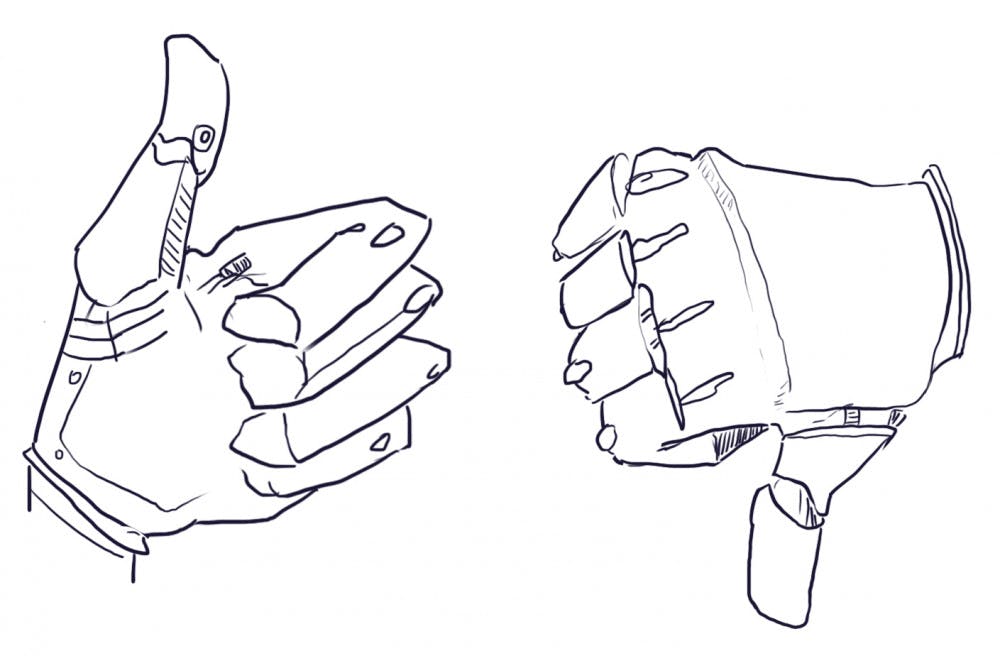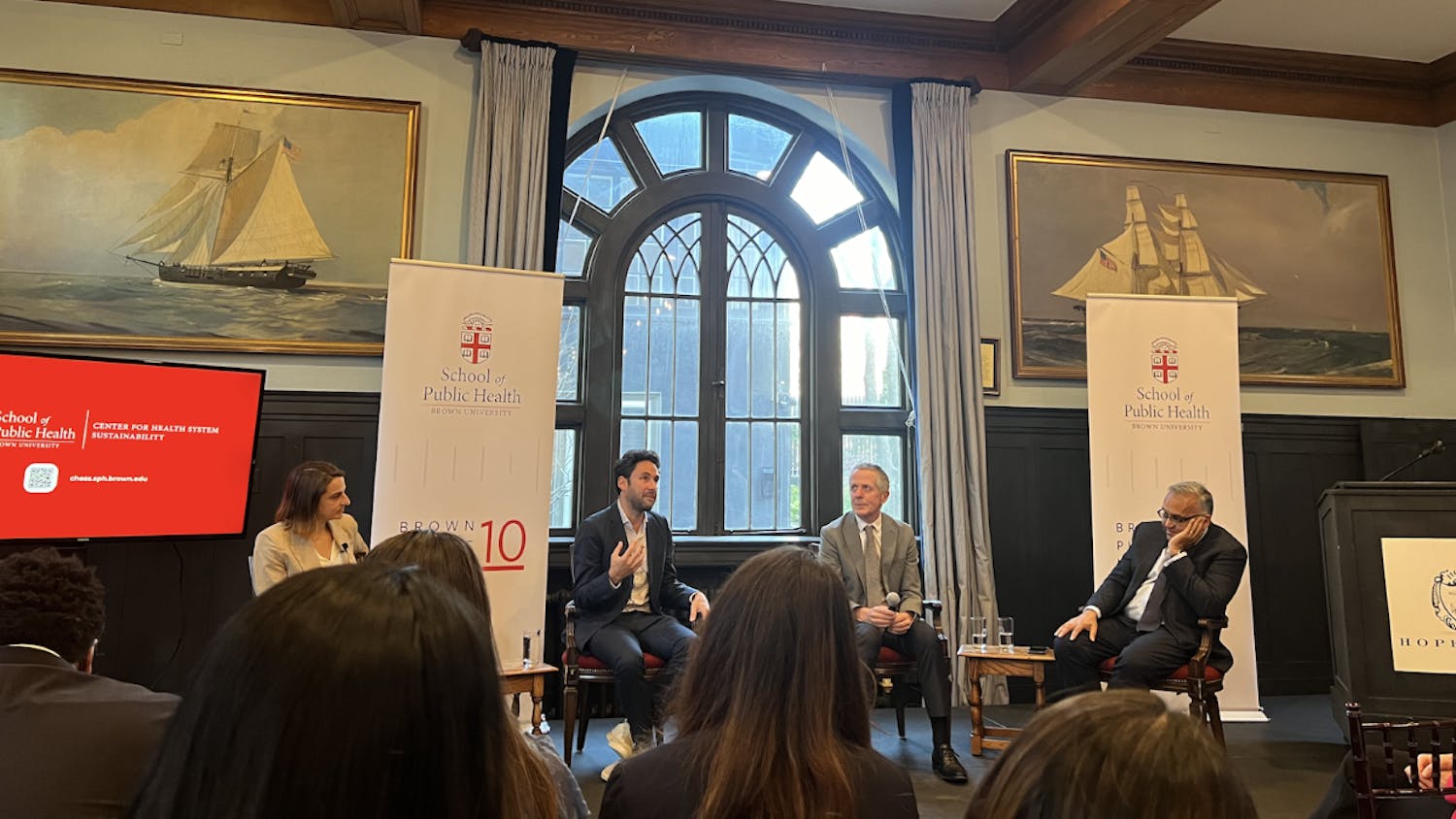University researchers are collaborating on a three-year study focused on the needs of veterans who have suffered severe upper-limb amputations. The study is being led by Linda Resnik, professor of health services, policy and practice and researcher at the Providence Veterans Affairs Medical Center.
Resnik and her team of researchers aim to acquire data on veterans by evaluating their day-to-day functioning and learn more about their experiences with prosthetics, Resnik said. Data collection will consist of surveys and performance tests, and subjects will be evaluated yearly, she said. The surveys are being developed in collaboration with Melissa Clark, adjunct professor of epidemiology at Brown as well as professor of quantitative health sciences at the University of Massachusetts Medical School, she added.
Currently, “nationally representative data” about veterans with upper-limb amputations is lacking, Resnik said. Prior studies that have examined upper-limb amputees have targeted “small samples” or have not been conducted in the United States, Resnik added. Her study is unique, as it draws upon a large sample base and utilizes medical data from the United States Department of Veterans Affairs, she said.
Technological advances in upper-limb prosthetics have “lagged behind” those made in lower-limb prosthetics due to the complexity of replacing an upper limb and re-establishing its many functions. Those with upper-limb amputations abandon their prostheses more often than those with lower-limb amputations because they are unhappy with their devices, she added.
Because fewer individuals have upper-limb amputations than lower-limb amputations, there are fewer experts in the field who can provide quality care, Resnik added.
Most upper-limb amputations in veterans are caused by “blast injuries” that are sustained in combat, while lower-limb amputations are usually a result of a “disease process” like diabetes or poor blood circulation, said Joseph Webster, a collaborator on the project and medical director of the Veterans Health Administration Amputation System of Care.
Sarah Ekerholm, project coordinator, said she “will be providing oversight” in order to ensure that data collection is standardized across sites.
“There are lots of moving pieces and a lot of people we need to keep in the loop to ensure work is getting done,” Ekerholm said. “Developing relationships and having open communication (with the other sites) is really important.”
Resnik’s goal is for the study’s findings to be “used to improve the quality of care” for these amputees, she said. The findings could also be used to improve prosthetic designs and rehabilitation programs, Webster said.
The study is funded by the United States Department of Defense’s Orthotics and Prosthetics Outcomes Research Program, according to the Providence Journal. To conduct the study, Resnik will be collaborating with the Brooke Army Medical Center in San Antonio as well as Veterans Affairs medical centers in Florida, Virginia and Washington, according to the Journal.





